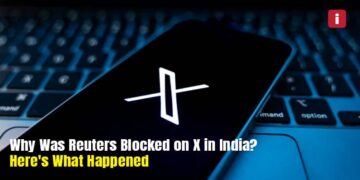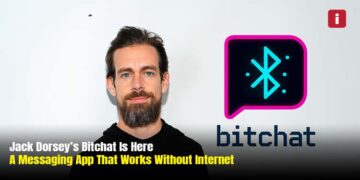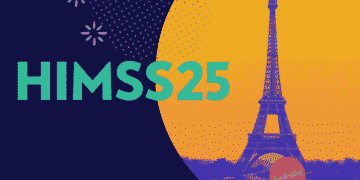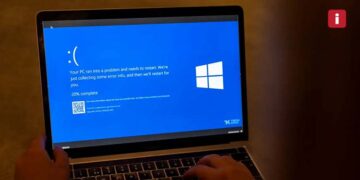Introduction
The rise of AI-generated deepfake scams has reached a new level, with scammers now impersonating YouTube CEO Neal Mohan. A recent phishing scam involves an AI-generated video of Mohan, falsely claiming to introduce new YouTube monetization policies. This fraudulent campaign is designed to trick YouTube creators into revealing their login credentials, putting their accounts at risk.
YouTube has acknowledged this serious threat and issued a warning to all creators, urging them to remain cautious. In this article, we will break down how the scam operates, YouTube’s response, and what creators can do to safeguard their accounts.
How the Scam Works
Scammers are distributing a fake AI-generated video of Neal Mohan, making it appear as though he is announcing critical updates to YouTube’s monetization policies. The scam unfolds in the following manner:
- Private Video Distribution: The deepfake video is being shared privately, rather than through YouTube’s official channels.
- Fraudulent Links: The video’s description contains a malicious link, directing users to a fake website designed to steal login credentials.
- False Urgency: The scammers create a sense of urgency, convincing users to act immediately or risk losing monetization privileges.
This sophisticated phishing attempt highlights the increasing threat of AI-generated fraud and the need for heightened awareness.
Learn more about phishing scams from YouTube’s official security page
YouTube’s Official Response
YouTube has confirmed that the deepfake video is part of a phishing campaign and has assured creators that neither the company nor its employees will contact them through private videos. Here’s what YouTube advises:
- Do not trust private messages claiming to be from YouTube executives.
- Verify information through YouTube’s official blog and support page.
- Report any suspicious activities or messages through YouTube’s reporting tools.
Read YouTube’s official statement on security threats
How to Protect Your YouTube Account
1. Verify Communications
Always cross-check messages that claim to be from YouTube. Official updates from YouTube will come from verified sources such as:
- YouTube’s official website and blog.
- YouTube’s verified Twitter account (@TeamYouTube).
- Emails from @youtube.com or @google.com domains.
2. Avoid Suspicious Links
Never click on links from unverified sources. If you receive an email or message with an urgent request regarding your YouTube account, double-check the source before taking any action.
3. Enable Two-Factor Authentication (2FA)
Two-factor authentication adds an extra layer of security by requiring an additional verification step beyond your password.
Enable 2FA for your Google account
4. Educate Yourself on AI Scams
As deepfake technology advances, scammers will continue using AI to deceive users. Stay informed about AI-generated threats and learn how to spot fake videos.
Read Google’s guide on AI security
5. Report Phishing Attempts
If you come across any AI-generated phishing scams, report them directly to YouTube using the Help & Feedback section in the YouTube Studio dashboard.
Report suspicious activities to YouTube
The Growing Threat of AI-Generated Deepfake Scams
The use of AI to generate realistic fake videos has raised alarms across multiple industries. Deepfake technology is not only being used in fraud but also in misinformation campaigns, political manipulation, and identity theft.
With generative AI becoming more advanced, companies like YouTube and Google must continue improving security measures. However, user awareness remains the most critical defense against such scams.
Learn more about deepfake technology
Final Thoughts
The AI-generated video of YouTube CEO Neal Mohan is a stark reminder of how cybercriminals are leveraging advanced technology to exploit users. As AI scams become more convincing, it is essential for YouTube creators and internet users to stay informed, verify sources, and implement strong security measures.
By following YouTube’s official guidelines and adopting proactive security practices, creators can safeguard their accounts from phishing scams and AI-generated fraud.
Stay updated with Insight Tech Talk for the latest cybersecurity news and tech updates.













































